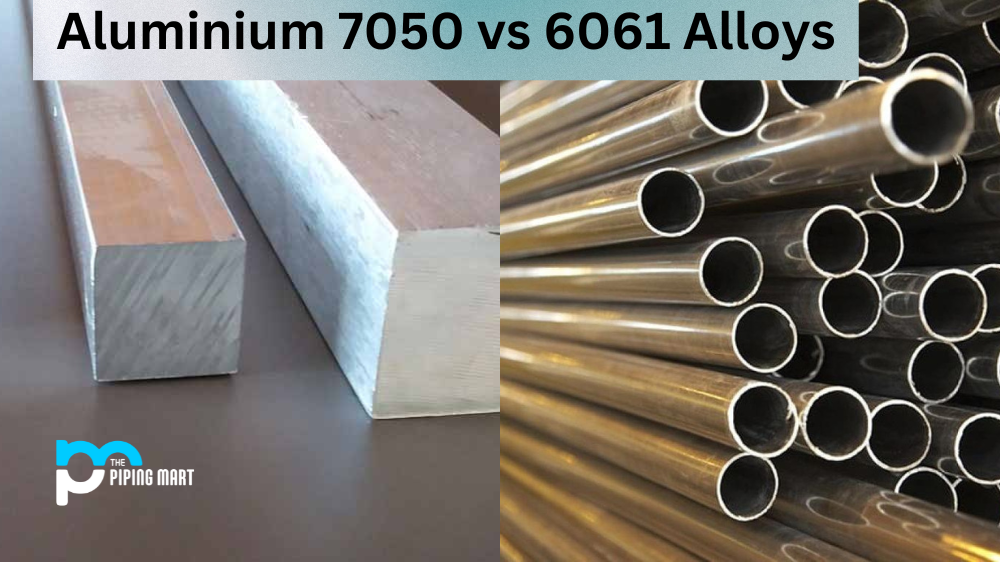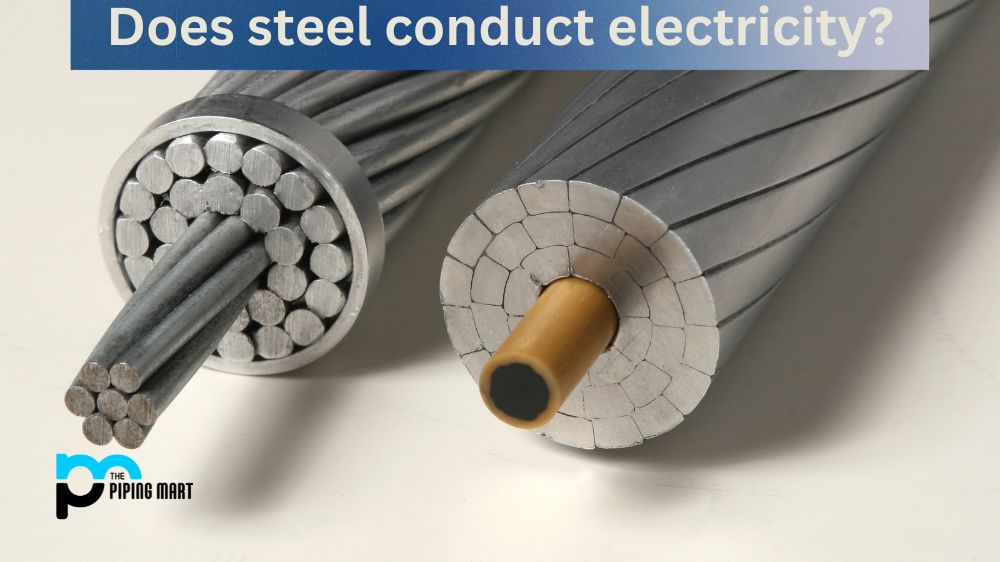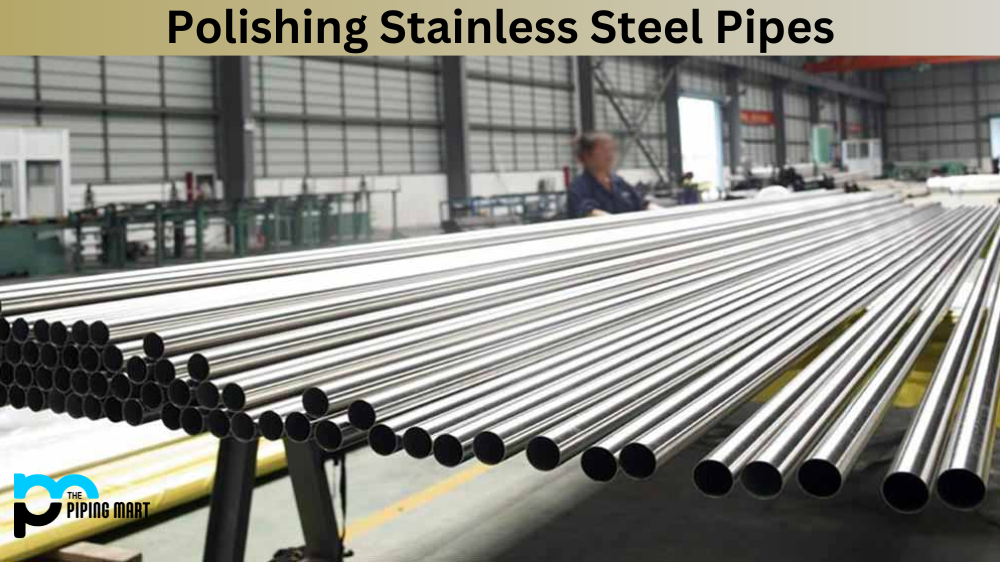Aluminium alloys are combinations of aluminum with other materials such as copper, zinc, magnesium, manganese and silicon. These alloys are designed to provide specific characteristics for a variety of industrial applications. Two popular alloys used in many industries are 7050 and 6061. In this blog post, we will compare the two to help you decide which is best for your needs.
Aluminium 6061
Aluminium 6061 has a lower strength-to-weight ratio than aluminum 7050 but still offers good corrosion resistance and weld ability at an economical cost. It’s often used in structural components for railroad cars, bridges, truck frames, machine parts and more.
Aluminium 7050
Aluminium 7050 has excellent machinability but can be difficult to weld due to its tendency to crack during welding processes like gas tungsten arc welding (GTAW). On the other hand, aluminium 6061 can be welded easily with any welding process—TIG (inert tungsten gas) welding being the most common—and offers excellent corrosion resistance when exposed to seawater or salt spray environments.
Aluminium 7050 vs 6061 Alloys – What’s the Difference
The key difference between these two types of aluminum alloys is their strength. Aluminium 7050 is much stronger than Aluminum 6061 due to its higher zinc content. It also has better fatigue resistance and stress-corrosion cracking resistance when compared to Aluminum 6061. The high strength-to-weight ratio of aluminum 7050 makes it an ideal choice for aerospace applications where weight savings are critical.
Chemical Composition
The first difference between 7050 and 6061 aluminum is their chemical composition. 7050 aluminum is made of 97.5% aluminum, 2.4% magnesium, and 0.1% chromium. 6061 aluminum is made of 96.3% aluminum, 1.0% magnesium, 0.6% silicon, and 0.2% chromium.
Yield Strength
The second difference between 7050 and 6061 aluminum is their yield strength. 7050 aluminum has a yield strength of 572 MPa, while 6061 aluminum has a yield strength of 276 MPa.
Tensile Strength
The third difference between 7050 and 6061 aluminum is their tensile strength. 7050 aluminum has a tensile strength of 690 MPa, while 6061 aluminum has a tensile strength of 310 MPa.
Density
The fourth difference between 7050 and 6061 aluminum is their density. 7050 aluminum has a density of 2.7 g/cm3, while 6061 aluminum has a density of 2.7 g/cm3.
Cost
The fifth difference between 7050 and 6061 aluminum is their cost. 7050 aluminum is more expensive than 6061 aluminum because it is more difficult to produce and because it has better mechanical properties
Conclusion:
When choosing between aluminum 7050 and 6061 alloys for your project, consider the application requirements carefully before making a decision. If weight savings is important—such as when used in aerospace applications—aluminum 7050 may be the right choice due to its superior strength-to-weight ratio. However, if you need excellent corrosion resistance or easy weldability, then aluminium 6061 may be a better option due to its ease of use with various welding processes and its corrosion resistance properties when exposed to salt water or other harsh environments. Ultimately, it’s important that you weigh your options carefully so that you choose the right alloy for your application.

Pipingmart is a B2B portal that specializes in metal, industrial and piping items. Additionally, we share the latest information and information about materials, products and various types of grades to assist businesses that are involved in this business.




